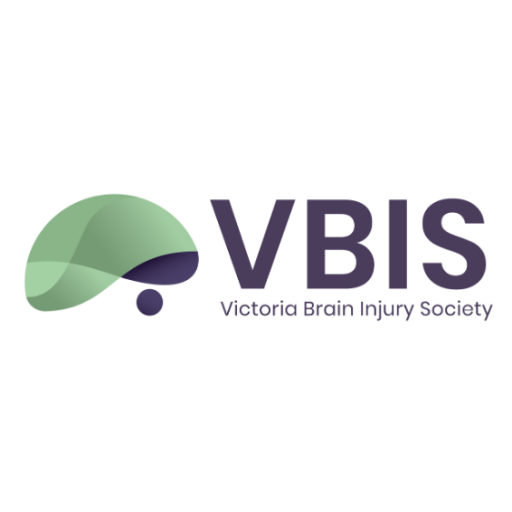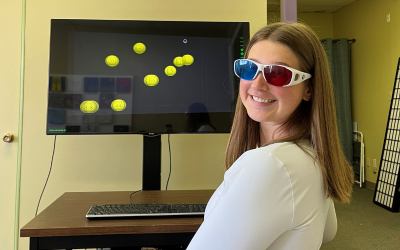By Kianna Csolle
Research in traumatic brain injury (TBI) is expanding in Canada. This year, three innovative research projects have been funded through grants from the Canada Brain Research Fund, Health Canada, Brain Changes Initiative and Brain Canada. One of these research projects will focus on developing a fast and objective magnetic resonance imaging (MRI) assessment and report that will help predict persistent symptoms and characterize functional abilities after a TBI.
Total Grant funding for this project is over $417,000
As many TBI survivors know, persistent symptoms can seriously impact quality of life. To make matters even more difficult, these symptoms often occur without any noticeable structural brain damage on an MRI. This makes it difficult for doctors to predict the extent of the injury and the projected level of recovery. Additionally, without objective evidence of brain injury, it can be difficult for survivors to access compensation, insurance coverage or clinical resources (Brain Foundation Canada, 2024)

An MRI is a painless scan that uses magnets and radio waves to create an image of the interior of a body part, like the brain, on a computer. When a person has an MRI of their head, the resulting images will show many structures including the brain itself, blood vessels connected to the brain, eyes, and nerves. MRIs will also show tumours, inflammation and bleeding. Since damage from a TBI may cause injuries to blood vessels, an MRI can be used to identify these injuries. MRIs are currently the most sensitive tests for identifying brain damage (Cleveland Clinic, 2024).
This research with be conducted through by Queens University and the University of Calgary and will involve not only TBI survivors but also family members and caregivers; insurance and legal companies; and clinicians.
This research will include 200 participants
The researchers are working to develop a collection of functional assessments that will be used with an MRI from the acute stage after the injury and a reassessment done three months later. To do this, they will need to create a detailed MRI protocol that can be performed as quickly as possible on any clinical MRI scanner. The initial study will include five types of MRIs that will be collected in just 45 minutes. Developing the shortest protocol possible will allow patients to be more comfortable and help make the protocol more accessible.
Assessment and MRI results will then be used to create a report to inform and support survivors as well as a report for legal companies and clinicians. Some goals of these reports are to support a diagnosis, choose appropriate therapeutic approaches, and support direct testing. Along with creating the reports, the researchers want to ensure that the large amount of information in them can easily be reviewed and synthesized by clinicians. Excitingly, they have already developed ways to summarize the output from the multiple MRI sequences that link function to any damage detected by the MRI. Differences in MRI images between the initial and reassessment scan can then be used to provide evidence that TBI symptoms are linked to the damage (Brain Foundation Canada, 2024)
Although no timeline for this project and its results has been released, we know the project is starting this year. This is an exciting time for brain injury research and the future is bright for the assessment and subsequent treatment of persistent TBI symptoms.
For more information about the research check out: https://braincanada.ca/funded_grants/developing-a-rapid-objective-mri-assessment-and-report-to-characterize-functional-abilities-and-predict-persistent-symptoms-following-traumatic-brain-injury/
For more information on MRIs: https://my.clevelandclinic.org/health/diagnostics/22966-brain-mri



